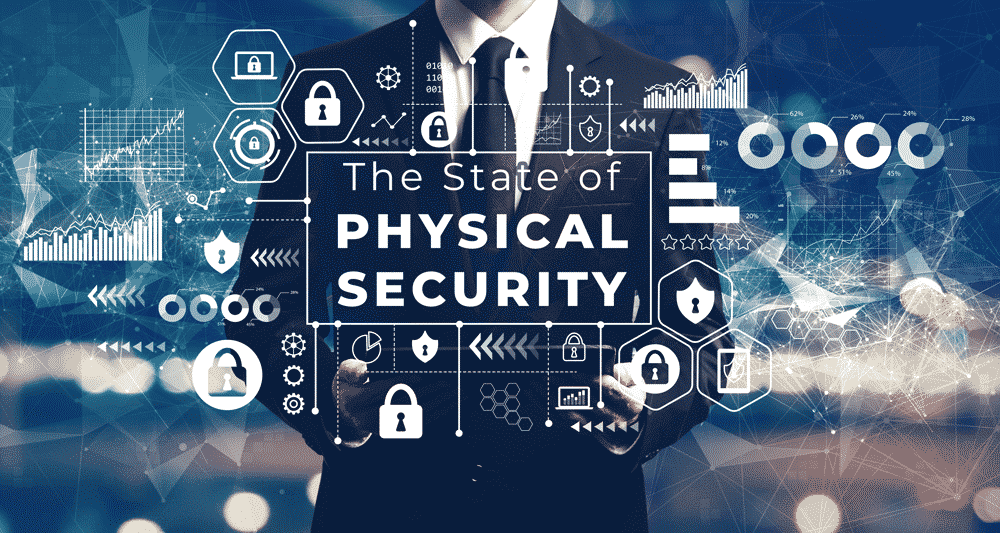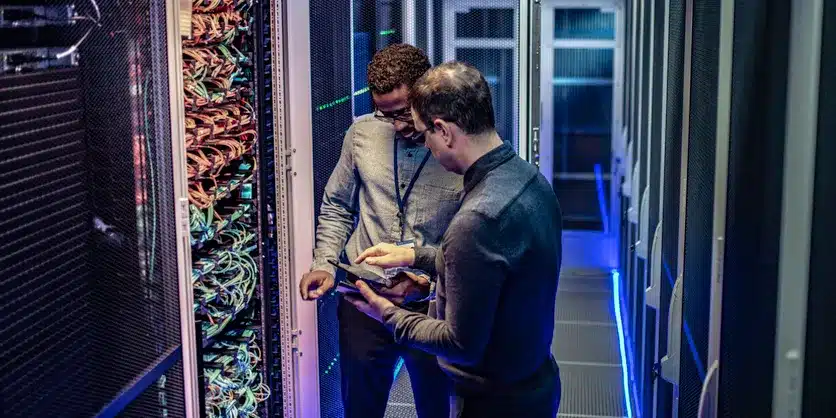In today’s digital world, data centers security has become more critical than ever. With the massive amount of sensitive data processed daily—from personal details to financial information—data centers are prime targets for cyber and physical threats. Securing these facilities requires not just advanced technology, but a strong team of trained security professionals.
This guide covers everything from security standards to job roles like data center security guard, security manager, and more. Whether you’re exploring data centers security jobs or aiming to strengthen your facility’s defenses, this guide is for you.
Why Is Data Centers Security So Important?
Data centers house the servers and infrastructure that power everything from banking apps to social media platforms. If a data center is compromised, the consequences can be devastating—resulting in financial loss, data breaches, service interruptions, and legal issues.
Main Threats to Data Centers:
- Unauthorized physical access
- Cyberattacks and ransomware
- Insider threats
- Natural disasters or fire
- Power outages or system failures
That’s why a comprehensive data centers security plan is essential. It protects the physical infrastructure, digital systems, and—most importantly—your data.
Core Components of Data Centers Security
1. Physical Security Measures
Physical security starts at the perimeter and extends all the way to the server racks. Measures include:
- 24/7 data center security guards
- Biometric access control
- Security cameras (CCTV)
- Fencing, turnstiles, and badge-based entry
- Alarm and motion detection systems
Trained data center security officers monitor the premises for any suspicious activity, restrict access, and respond to emergencies.

2. Cybersecurity Integration
While physical safety is vital, cyber protection is equally crucial:
- Firewalls and intrusion detection systems (IDS)
- Data encryption protocols
- Network segmentation
- Access control lists and user authentication
- Regular vulnerability assessments
Modern data centers security relies on the perfect synergy between physical and cyber defense.
Data Centers Security Standards You Should Know
Every reputable data center follows global security standards to ensure integrity, confidentiality, and availability of data.
Popular Standards Include:
- ISO/IEC 27001: Information security management
- SSAE 18 / SOC 2: Security, availability, and privacy controls
- PCI DSS: Payment Card Industry Data Security Standard
- Uptime Institute Tier Standards
Compliance with these standards is often managed by a data center security manager, who ensures all protocols are met and updated regularly.
Job Roles in Data Centers Security
Looking for a career in this field? The data centers security jobs sector is growing quickly with opportunities in both physical and digital security.
1. Data Center Security Guard
These professionals handle perimeter control, badge checks, and emergency response. They’re often the first line of defense.
2. Data Center Security Officer
A more senior role involving supervising guards, coordinating with law enforcement, and monitoring surveillance systems.
3. Data Center Security Specialist
Focused on high-level threats, these experts monitor security logs, manage tools like SIEM systems, and respond to alerts in real-time.
4. Data Center Security Manager
Oversees all security functions, manages teams, ensures policy compliance, and regularly audits both physical and network security systems.
If you’re interested in exploring this as a career, try searching online for “data center security jobs near me” to find openings in your area.
Best Practices for Data Centers Security
Implementing robust security goes beyond installing cameras or firewalls. It requires a culture of security and constant vigilance.
Top Best Practices Include:
- Conducting regular risk assessments
- Ensuring strict visitor protocols
- Employee training on safety policies
- Layered access control (multi-factor authentication)
- Incident response planning and simulations
- Monitoring HVAC and power systems for tampering
The Role of Technology in Enhancing Data Center Security
With rapid tech advancements, data center protection is becoming more intelligent and automated.
Tech Innovations in Data Centers Security:
- AI-powered video surveillance for anomaly detection
- Facial recognition for access control
- Drones and robotics for remote inspections
- Blockchain authentication for secure logins
- Smart sensors to detect motion, heat, or vibration
While tech is powerful, it’s only as good as the people managing it. This is why a trained data center security specialist is always in demand.
Data Centers Security Compliance: Legal & Ethical Responsibility
Beyond the technical side, data center operators have a legal and ethical duty to protect data. Failing to meet these responsibilities can lead to:
- Government fines
- Lawsuits
- Loss of customer trust
- Brand damage
Having a dedicated data center security manager ensures ongoing compliance with federal, state, and industry regulations.

Training and Certification for Security Professionals
If you’re aiming to build a career in this field, consider getting certified in the following:
- CompTIA Security+
- Certified Information Systems Security Professional (CISSP)
- Certified Data Centre Security Professional (CDCP)
- Physical Security Professional (PSP)
These not only boost your resume but also make you a valuable asset to any organization.
Real-Life Data Center Breaches: What We Can Learn
In recent years, there have been notable breaches due to gaps in data centers security. For instance:
- An incident where former employees used old access cards
- Insider threats using USB drives to install malware
- Lapses in camera monitoring that allowed unauthorized access
These examples stress the importance of constantly updating protocols and conducting surprise audits.
Benefits of a Strong Data Centers Security Program
When you invest in robust security, you don’t just protect data—you protect your entire business.
Key Benefits:
- Reduced risk of data breaches
- Enhanced brand trust
- Lower insurance premiums
- Compliance with global standards
- Greater uptime and reliability
A secure environment also builds confidence among clients, stakeholders, and regulatory bodies.
Conclusion: Building a Secure Future with Data Centers Security
The need for strong data centers security is no longer optional—it’s a business necessity. As technology advances, so do the threats. From physical barriers to cybersecurity protocols and trained personnel, a multi-layered approach is the only way to ensure long-term safety.
Whether you’re a data center operator, IT professional, or someone exploring data center security jobs, the opportunities are vast and critical. With proper planning, ongoing training, and a proactive mindset, you can protect what matters most—your data.

